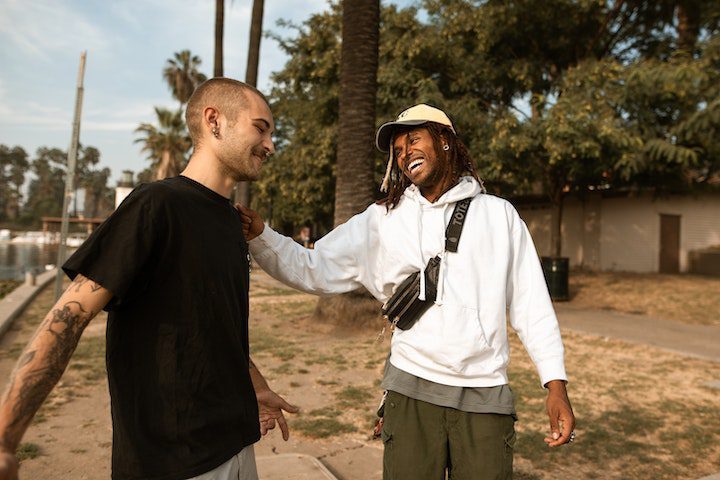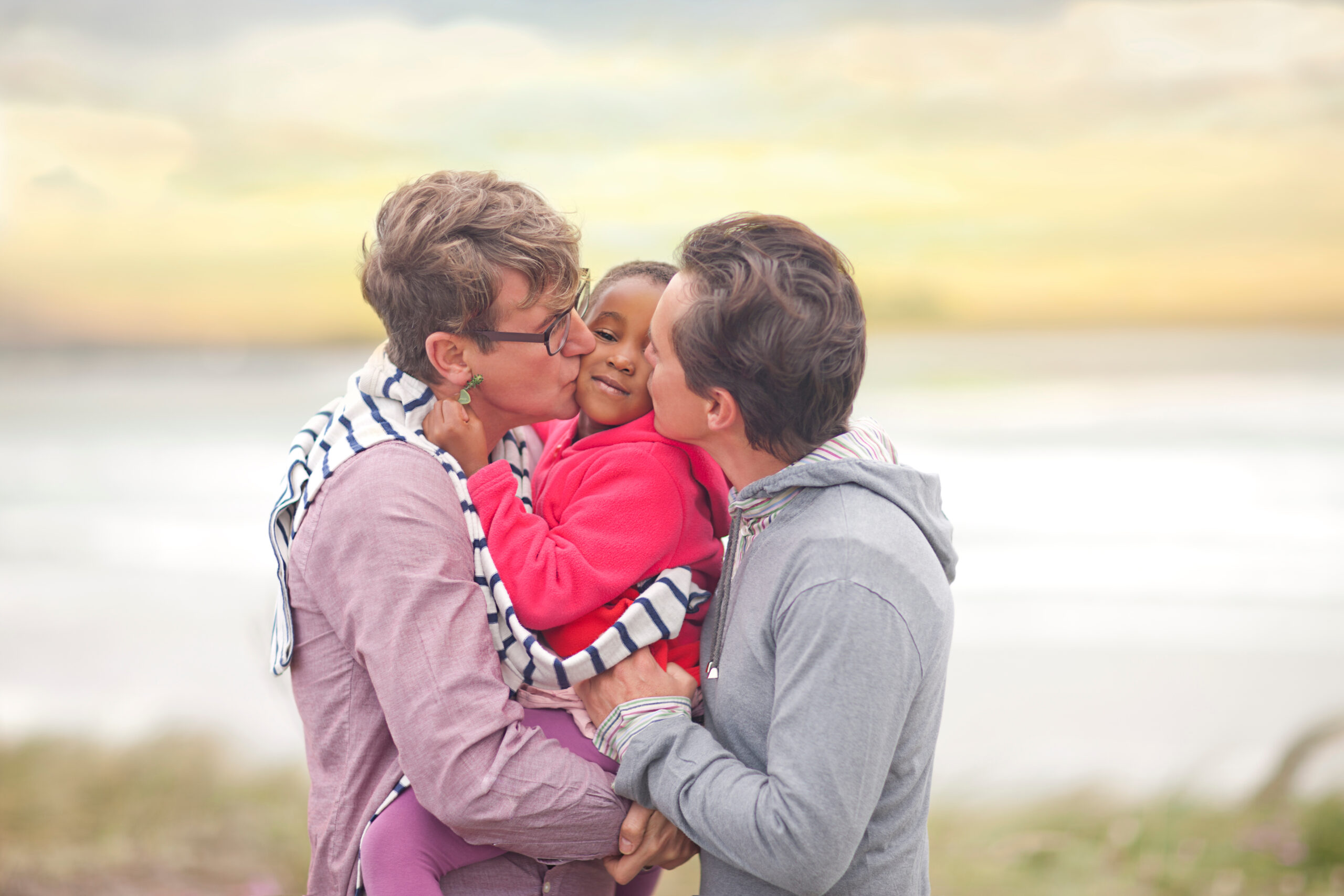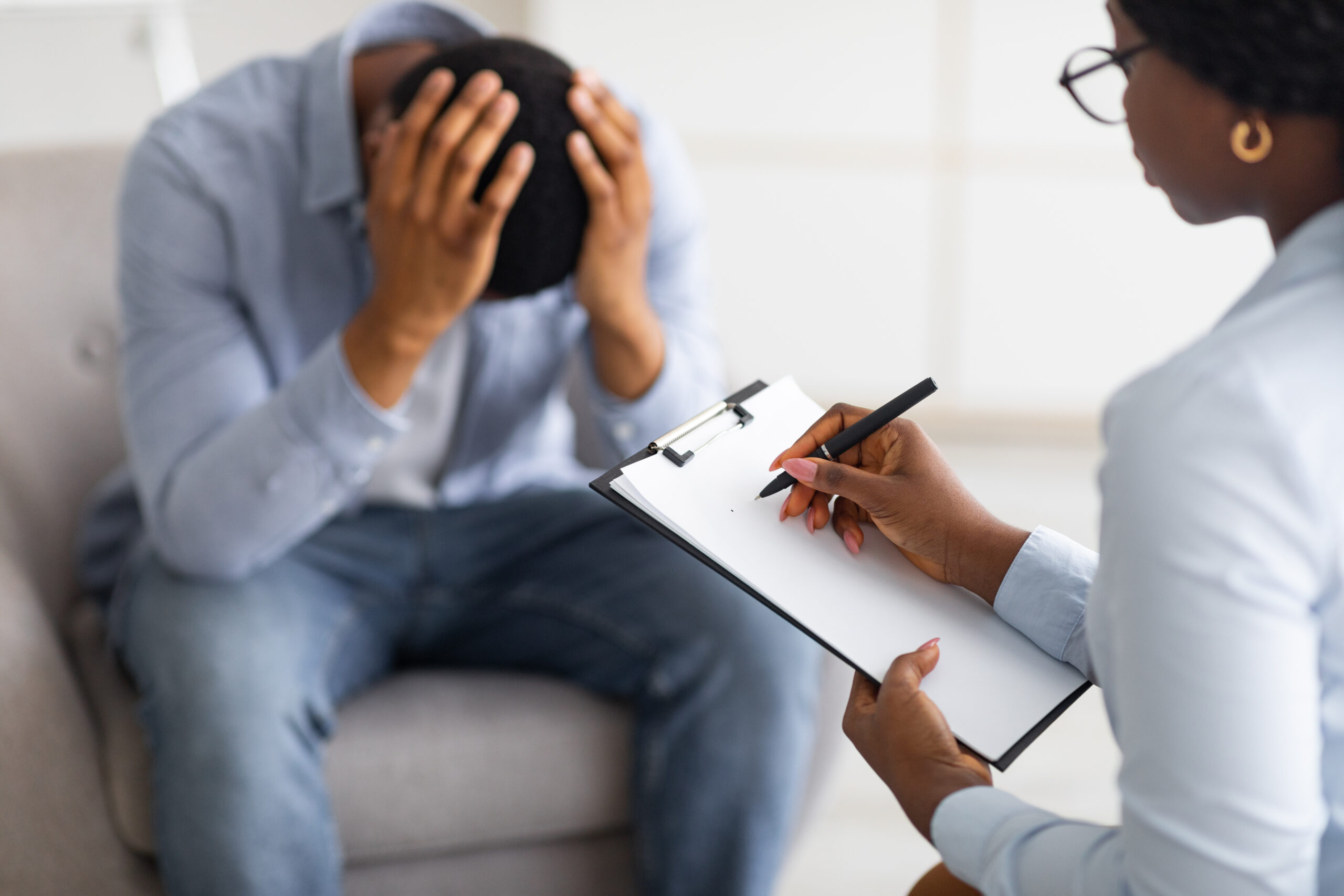In 2020, we outlined some serious discrepancies in mental health care for Black, indigenous, and other people of color (BIPOC). So, what resources and initiatives continue to help these individuals as they strive for better wellness?
A Boost in Awareness
Many of the challenges faced by members of the BIPOC community could be alleviated not only with louder calls to action, but also broader mainstream access to who and what might help.
For example, according to the National Alliance on Mental Illness (NAMI), the U.S. formally recognized July as Bebe Moore Campbell National Minority Mental Health Awareness Month—now known as BIPOC Mental Health Awareness Month. NAMI states that Campbell, an author, journalist, and teacher, “advocated for mental health education and support among individuals of diverse communities.”
Each July, NAMI and Mental Health America (MHA) release toolkits and numerous resources focused on critical subjects such as:
- Understanding culturally based practices and how this allows for a more centered environment for healing.
“By learning about and embracing culturally-based practices, individuals and communities can begin the process of understanding the impacts of historical trauma, reclaiming the honor and pride of their ancestors, their historical knowledge, and the power that exists in connecting with one’s community through shared values, beliefs, and customs,” NAMI notes.
- The role of caregivers in the BIPOC community and the kind of challenges they face.
According to NAMI, “On average, BIPOC caregivers have lower socioeconomic status. Studies have found that Black and Hispanic caregivers often feel ignored in medical settings and left out of crucial care discussions by staff. Asian-American caregivers don’t utilize professional support services as often as others, likely because of limited culturally relevant services.”
These organizations are also forming alliances with influencers across social media and at colleges during the month to reinforce that resources are available.
In the past couple of years, mental health professionals have also increased their focus on other topics to spark more action in vital areas. For example, the American Counseling Association has addressed among its members:
- Culture-centered counseling
- The need for bilingual and bicultural counselors
- How “collectivist cultures” understand healthy boundaries
- Revealing White supremacy and racism in counseling
- Examining undue police violence against certain demographics
- The rise of hate crimes against members of the Asian community
Additionally, professionals are researching the reluctance in the BIPOC community to seek mental health treatment—including the history of racial disparities in the system—and what to do about it.
Speaking Up and Out Makes a Difference
When someone has the spotlight and uses it to shine down on key issues, people take notice. Just in the past year, American gymnast Simone Biles, Japanese tennis player Naomi Osaka, and Chinese-Canadian actor Simu Lui have opened up about their mental health issues and how they needed professional help.
To help encourage real change, young people need to see other individuals take charge of their mental and emotional wellness. At first, it might be celebrities, but over time, it becomes members of their interconnected communities. Sasha Zhou is an assistant professor in the Department of Public Health at Wayne State University and a co-investigator with the Healthy Minds Network. In an article for Diverse Issues in Higher Education, she said, “[My students] discuss identities and mental health in a totally unique way. There’s more intentional learning and outreach.”
And sometimes, simply the courage of a loved one makes a difference for so many. One excellent example is Joseline Castaños, who has fought for a better life for her daughter and new ways to manage her conditions. In this video, she explains their struggle to overcome challenges and find the right care.
One key component for being able to share what’s happening is by participating in the growing number of support groups and organizations. Massachusetts General Hospital has compiled many mental health resources that perhaps aren’t as well known and could be worth a look. Additionally, in our 2020 article, we offer an extensive list of resources that provide assistance and safe spaces for authentic connection.
A Philosophy of Whole-Person Care
The medical professionals at Cottonwood Tucson believe that every individual has a rich tapestry of cultural and life experiences, and it’s our responsibility to understand these unique characteristics instead of assuming all people are the same. We honor the human dignity of everyone we work with and strive to make advances in quality care by exploring their emotional, mental, physical, and spiritual aspects of life and creating harmony. You and your loved ones deserve this type of dedicated attention, so if we can help you in any way, please reach out.








